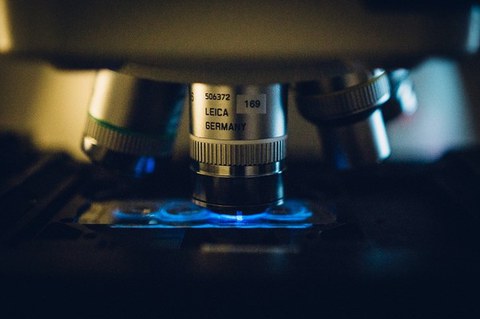Oct 09, 2020
EMM-Nano Master’s program secures funding for the next six years with over 4.5 million euros
TU Dresden and its partner universities secured a new funding round for the EMM-Nano Master’s Program. The funding starts on October 31 and will continue for six years. The money will support scholarships to attract non-EU students to study nanoscience and nanotechnology at the Master’s level at five European universities.
The Erasmus Mundus Master Nanoscience and Nanotechnology (EMM-Nano) program was first established in 2005. The program funds scholarships for non-EU students to complete their Master’s in nanoscience and nanotechnology in Europe. The students are spending their first year at the KU Leuven (Belgium), learning the fundamentals of nanoscience and nanotechnology. In the second year, the students move to one of the four partner universities, Chalmers University of Technology (Sweden), Grenoble Alpes University (France), University of Barcelona (Spain), or the TU Dresden (Germany), to further specialize and complete the Master’s thesis research project. The students are awarded a joint diploma from KU Leuven and the partner university. With the new funding round, the universities will be able to host the students until the 2026.
BIOTEC, with its Molecular Bioengineering Master’s program, was the first institute at the TU Dresden to participate in the EMM-Nano program. Starting in 2007, it offered a specialization in Biophysics within the newly established Nanobiophysics Master’s program. The Nanobiophysics program is now offered by the central scientific unit Center for Molecular and Cellular Bioengineering (CMCB) comprising of three scientifically independent institutes B CUBE, BIOTEC[MG1] , and CRTD. “We are most delighted about the continued funding which will allow to greet such superb and highly motivated international students also in the coming years,” says Stefan Diez, Managing Director of CMCB.
Since its beginning, the EMM-Nano program at the TU Dresden has expanded and now offers three different specializations. In 2016 the Faculty of Electrical Engineering started to offer Nanoelectronics under the Master’s program Nanoelectronic systems and in 2018 the Faculty of Physics started to offer the Organic and Molecular Electronics under the Master’s program Organic and Molecular Electronics.

